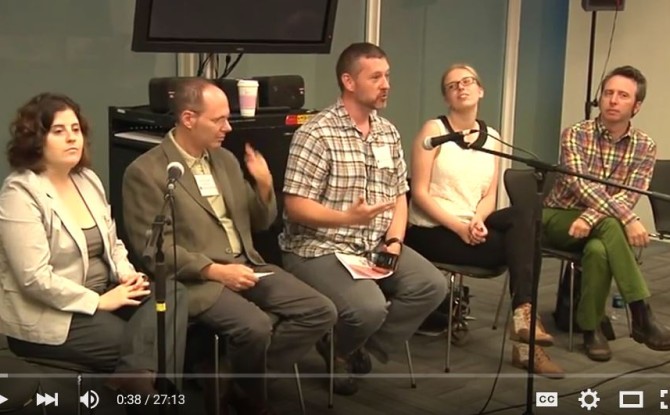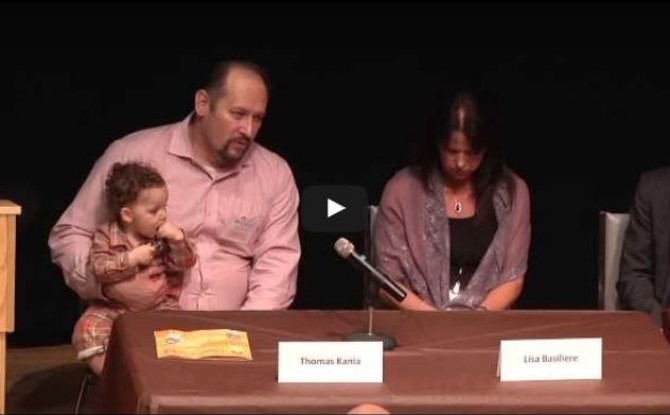Foreign Couples Heading to America for Surrogate Pregnancies
New York Times, July 5, 2014 – by Tamar Levin
At home in Lisbon, a gay couple invited friends over to a birthday celebration, and at the end of the evening shared a surprise — an ultrasound image of their baby, moving around in the belly of a woman in Pennsylvania being paid to carry their child.
“Everyone was shocked, and asked everything about how we do this,” said Paulo, who spoke on the condition that neither his last name nor that of his husband, João, be used since what they were doing is a crime in Portugal.
While babies through surrogacy have become increasingly common in the United States, with celebrities like Elton John, Sarah Jessica Parker and Jimmy Fallon openly discussing how they started a family, the situation is quite different in Portugal — as it is in most of the world where the hiring of a woman to carry a child is forbidden.
And as Paulo and João have discovered, even bringing home a baby born abroad through surrogacy can be complicated.In an era of globalization, the market for children crosses national borders; witness the longtime flow of Americans who have gone overseas to adopt babies from South Korea, China, Russia and Guatemala.
Other than the United States, only a few countries — among them India, Thailand, Ukraine and Mexico — allow paid surrogacy. As a result, there is an increasing flow in the opposite direction, with the United States drawing affluent couples from Europe, Asia and Australia. Indeed, many large surrogacy agencies in the United States say international clients — gay, straight, married or single — provide the bulk of their business.
The traffic highlights a divide between the United States and much of the world over fundamental questions about what constitutes a family, who is considered a legal parent, who is eligible for citizenship and whether paid childbirth is a service or exploitation.
In many nations, a situation that splits motherhood between the biological mother and a surrogate carrier is widely believed to be against the child’s best interests. And even more so when three women are involved: the genetic mother, whose egg is used; the mother who carries the baby; and the one who commissioned and will raise the child.
Many countries forbid advertising foreign or domestic surrogacy services and allow only what is known as altruistic surrogacy, in which the woman carrying the baby receives payment only for her expenses. Those countries abhor what they call the commercialization of baby making and view commercial surrogacy as inherently exploitive of poor women, noting that affluent women generally do not rent out their wombs.
Click here to read the entire article.


